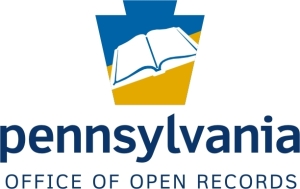 On June 24, the U.S. Supreme Court issued its ruling in the case of Food Marketing Institute v. Argus Leader Media, which dealt with trade secrets and other commercial information that may be confidential under the federal Freedom of Information Act.
On June 24, the U.S. Supreme Court issued its ruling in the case of Food Marketing Institute v. Argus Leader Media, which dealt with trade secrets and other commercial information that may be confidential under the federal Freedom of Information Act.
The Supreme Court held that, “Where commercial or financial information is both customarily and actually treated as private by its owner and provided to the government under an assurance of privacy,” the information is confidential under FOIA.
On Friday, Oct. 4, the Office of Open Records issued a final determination in a case dealing (mostly) with medical marijuana permit applications. The agency in that case argued that the Food Marketing Institute decision should apply to Section 708(b)(11) of Pennsylvania’s Right-to-Know Law, which is designed to protect trade secrets and confidential proprietary information.
The OOR held that the RTKL’s treatment of trade secrets and confidential proprietary information (including its definition of “confidential proprietary information”) is significantly different than FOIA’s treatment of such information.
The OOR concluded that because of the different language in the two laws, the SCOTUS decision in Food Marketing Institute “is of no consequence to the RTKL’s definition of confidential proprietary information” and, thus, does not apply to records sought under the RTKL.
The OOR’s analysis is on pages 24-25 of this decision.